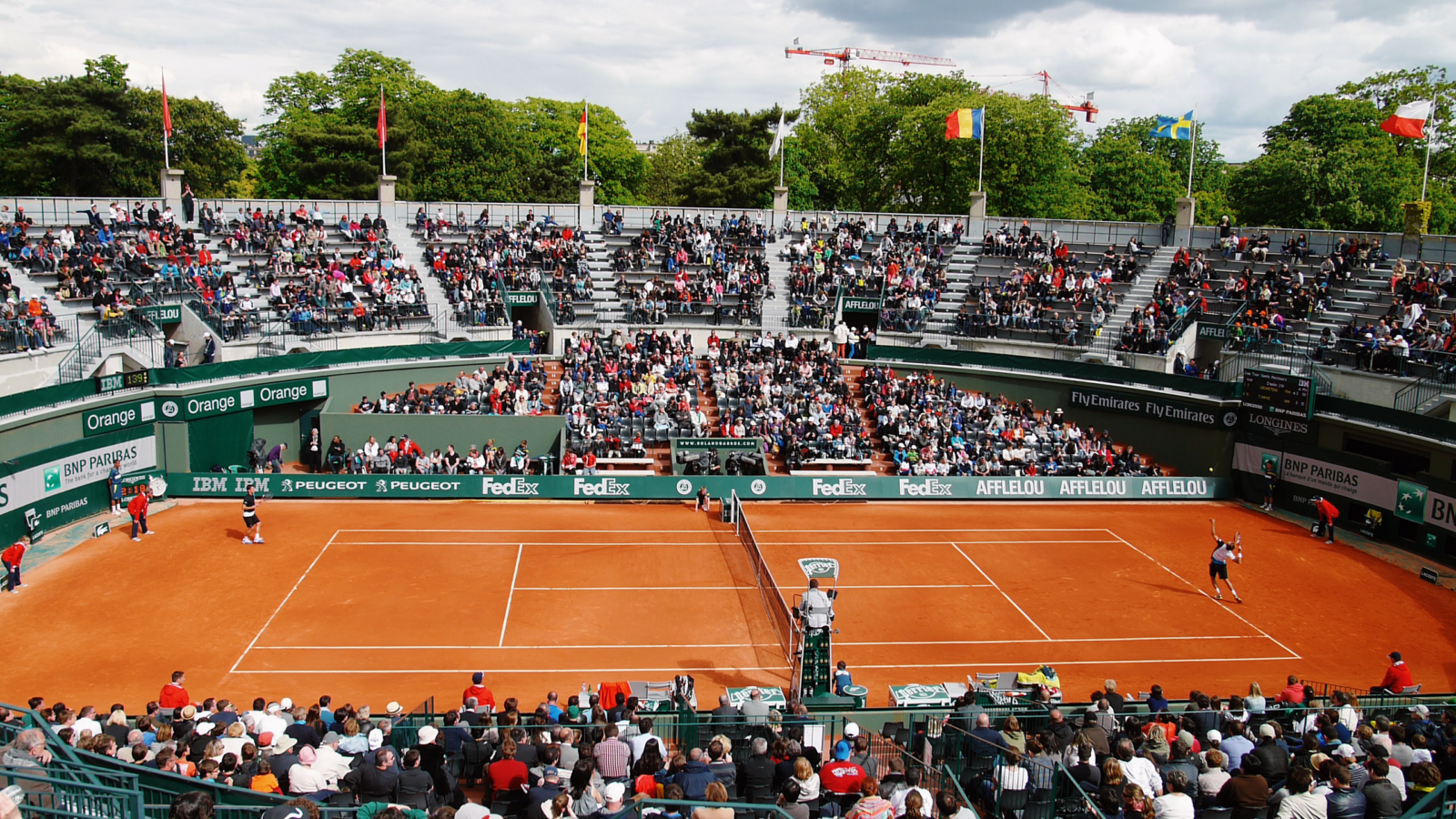Good morning.
It’s now and forever.
Entertainment brand Pophouse, the company behind the hugely successful hologram show “Abba Voyage” where virtual, eternally young versions of the Swedish pop quartet dance and sing like it’s 1977, is in talks to acquire the rights to make a show out of Elvis Presley, the Financial Times reported. While other artists like Kiss have shown some interest in having their likenesses projected for adoring fans, Elvis would be the first artist (trigger warning for true believers who saw him just yesterday) to be posthumously transformed into a digital performer. Wise men say only fools rush into licensing deals…
Small Businesses Feel the Pinch of Higher-for-Longer Interest Rates
In wonky economic terms, don’t sell the skin till you have caught the bear.
US Federal Reserve officials meet once again on Wednesday, and the group is expected to yet again maintain the highest interest rates the country has seen in nearly 25 years. As the prospect of higher-for-longer continues to sink in, small businesses are beginning to feel the pinch, per a Bloomberg feature published on Tuesday.
Federal Reserve Your Strength
The US Bureau of Labor Statistics will also be publishing its latest inflation report for the month of May on Wednesday, mere hours before The Fed’s policy meeting. Barring shocking results, economists aren’t expecting a major Fed pivot. In a Financial Times-Chicago Booth poll of 39 academics published Monday, more than half said they expect a single quarter-point rate cut this year, while almost a quarter of respondents expect no cut at all.
Unfortunately, it seems not every business owner in America consulted their local monetary policy expert before making plans for the year (though, in this instance, a trip to the local psychic may have been even more useful). And the costs of expensive cash are now starting to add up. According to National Federation of Independent Business data, the share of small firms that cite financing costs as their top business problem has hit a 14-year high. Meanwhile, the default rate on small business loans hit 3.2% in April, according to Equifax, the highest rate in a decade.
The upshot is that higher-for-longer is eating away at small businesses’ plans for reinvestment:
- According to Institute for Supply Management (ISM) data seen by Bloomberg, company leaders expect just a 1% rise in capital outlays this year — well down from the rosy 12% forecast seen in December.
- The ISM also reports that a majority of survey respondents in the services sector point to interest rates and inflation as barriers to improving business conditions, also a reversal from optimism in a January report.
Inflation Nation: While inflation in the US has cooled significantly since its peak, consumers aren’t so sure. Why? Because interest rates remain high. Textbook economic theory long held that high interest rates temper spending, thus decreasing inflation (and given that inflation has cooled as interest rates have gone up, the correlation once again appears provably true). But, in an argument recently outlined by Paul Krugman in The New York Times, consumers see those very same rates as more inflation. After all, the argument goes, aren’t high interest rates simply just inflating the price of money itself? In other words, while economists see high interest rates as easing inflation in the long term, consumers simply see them as yet more inflation in the present. The good news for the inflation-weary? At least now fast food chains are starting to once again compete on price.
The Smart Home Company to Watch

Best Buy has a knack for picking the up-and-coming tech products that go on to dominate the market. Their early bets on household items like Ring (acquired by Amazon for $1.2B) and Nest (acquired by Google for $3.2B) have a proven record of paying off.
Now Best Buy is lifting the curtain on their latest find, launching RYSE’s SmartShades in over 120 retail stores. RYSE has already hit $8M+ in lifetime revenues with over 40,000 units sold, and the numbers are rising (along with the window shades).
RYSE shareholders have seen their value increase 40% year-over-year, with strong upside remaining as they scale into retail and high-volume B2B channels.
Their current investment round closes on June 14th, but you can still grab a piece of RYSE before it becomes a household name – invest at just $1.50/share.
Argentina Sets Itself Up as a Mecca for AI Deregulation
Don’t cry for AI, Argentina…
While Western economies scramble to regulate generative AI before it blows up the world, at least one country is telling Silicon Valley to take its best shot. Argentina wants to be to AI what Switzerland is to banking, only less fussy. In an interview with the Financial Times, an advisor to Argentinian President Javier Milei said the country wants to welcome AI companies with open arms and little legislative oversight.
Regulation Stations
AI regulation is the newest chapter in the long saga of “reining in Big Tech.” The European Union is furthest ahead with its overarching AI Act, which is due to come into force this month. “This landmark law, the first of its kind in the world, addresses a global technological challenge that also creates opportunities for our societies and economies,” Belgium’s secretary of state for digitisation Mathieu Michel said in a statement. But aye, there’s the rub, in a global world what happens when countries don’t agree on how strictly to regulate this technology?
Argentina elected President Javier Milei, a fierce libertarian, at the end of last year. Demian Reidel, one of Milei’s economic advisors, told the FT that the government has already been busy courting AI companies:
- Reidel said he’d set up meetings with OpenAI, Google, Apple, and Meta last month and that he’d specifically sold Argentina as a handy “hedge” against American and European regulation.
- Reidel said Milei went to California to personally meet OpenAI CEO Sam Altman, Apple CEO Tim Cook, and Elon Musk, who recently raised $6 billion for his AI firm xAI. Milei also met with venture capitalist Marc Andreessen, Reidel said.
To what extent AI companies will be able to evade oversight will depend heavily on how individual countries or blocs draw up their own laws, the EU for example has a history of extracting concessions out of American tech giants.
Turbulent Times: While Milei may be trying to strike up an ideological rapport with Silicon Valley’s scions, his country could use an economic boost. Argentina has been battling mind-bogglingly high inflation, and only just got it down into single digits in April for the first time in six months with a rate of 8.8%. Milei has brought in some pretty drastic measures as president, slashing public spending with a machete, but his party does not have a majority in Congress so he hasn’t been able to push through all the plans he announced before the election, like his promise to abolish the Argentinian peso in favor of the US dollar.
Warner Bros. Discovery Scores French Open Broadcast Rights

The game is back to deuce.
First, Comcast’s NBC nabbed Warner Bros. Discovery’s long-held NBA rights (though the deal is still technically not finalized). Now, according to a CNBC report on Tuesday, WBD hit back, signing away NBC’s US broadcast rights to the French Open in a decade-long deal.
French Pressed
In the age of streaming, social media, and the subsequent rapid decline of the media landscape that came before, live sports rights remain literal gold. It’s why the NBA, despite a mild case of flagging ratings, is on the verge of signing a new batch of media rights deals worth around $76 billion over the next decade — good for almost three times as much annual revenue as it had seen on its current deals.
It’s also why NBC elbowed its way into NBA rights after being sidelined for the past two decades. While not final just yet, all reporting and indications are that NBC has secured the NBA package long-aired on WBD’s TNT, outbidding the incumbent with a $2.5 billion per season deal.
WBD, still buried under some $40 billion of debt, may yet secure a skinnier NBA package, too. But the firm seems to know it air-balled — and has focused its efforts on finding ways to rebound:
- WBD already had the French Open broadcast rights in 55 international markets, but will now air in the US in a ten-year deal worth $65 million annually, sources told CNBC.
- In May, WBD struck a five-year sublicensing deal with Disney’s ESPN for a share of College Football Playoff games. The two firms, along with Fox, are also launching a streaming joint venture called Venu Sports this Fall, which will include all three companies’ live sports broadcasts.
Flagrant Foul: In 2022, WBD CEO David Zaslav infamously remarked “We don’t have to have the NBA.” Now he may eat his words. The comment may have irked the league office. And, worse, per a recent Variety report, the NBA has grown frustrated with how Zaslav has cut costs for Warner’s sports division. Fortunately for Zaslav, the French, it seems, have a little more tolerance for both frugality and snootiness.
Extra Upside
- Mmmmm… Pi: Raspberry Pi soars in rare London IPO.
- Viking Plunder: Norway discovers Europe’s biggest trove of rare metals.
- Make Better Credit Decisions with Consumer Report from Plaid’s consumer reporting agency. Traditional credit scores fail to capture important nuances in a borrower’s financial life like their income, cash flow, and employment… With Consumer Report, lenders, property managers, and buy-now-pay-later platforms can have real-time visibility into these important signals to make underwriting and income verification decisions with confidence. Make cash flow underwriting your superpower with Consumer Report.*
* Partner

